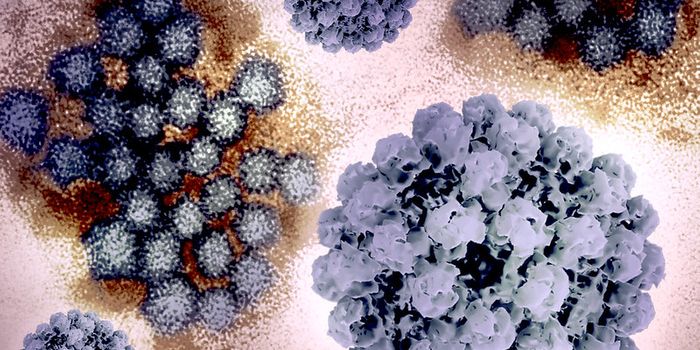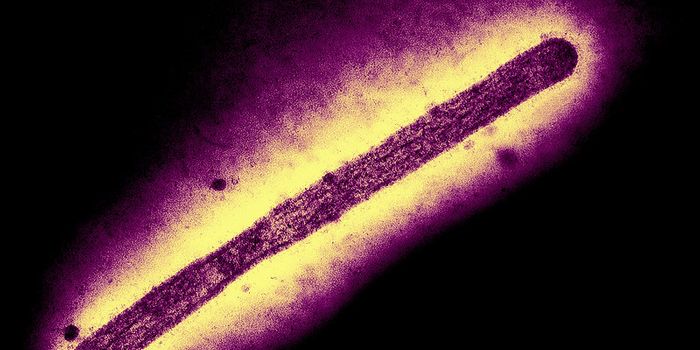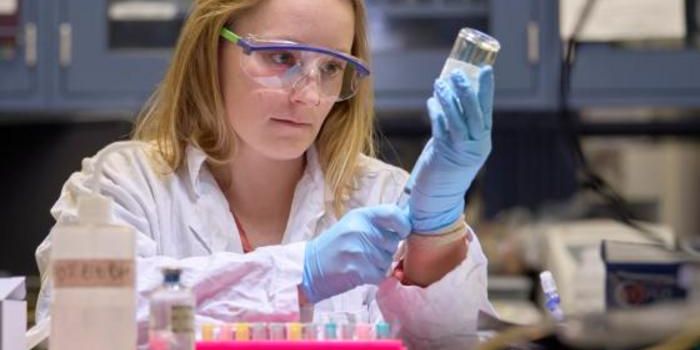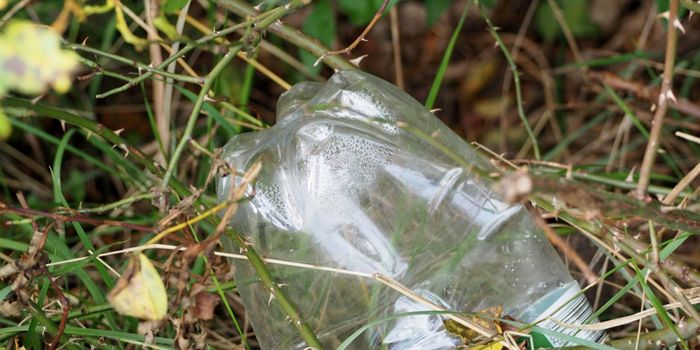As Temperatures Rise, Antarctica Greens
Ongoing climate research in Antarctica has documented the changing environment, recently including warming, an increase in wind strength and a longer melt season. That altered climate has had a ripple effect; researchers have previously showed how it drove changes in plant and microbial life in one part of the Antarctic Peninsula. New work by the same team of researchers has demonstrated that such changes are occurring not only in an isolated area, but are happening around the entire Peninsula. The research has been published in Current Biology, and is described in the following video.
"This gives us a much clearer idea of the scale over which these changes are occurring," commented lead author Matthew Amesbury of the University of Exeter. "Previously, we had only identified such a response in a single location at the far south of the Antarctic Peninsula, but now we know that moss banks are responding to recent climate change across the whole of the Peninsula."
The planet has been heating up, and the Antarctic Peninsula is known as one of the parts undergoing change the fastest. Since the 1950s, the temperature there has gone up about 0.5°C every ten years. The scientists had the idea to look at core samples of moss banks. They have been growing over the past 150 years, and would offer insight into how the rise in temperatures has impacted life on the Peninsula.
Indeed, an analysis of those core samples indicated that the ecosystem had changed fundamentally on a widespread scale. While samples had been taken from different places, Amesbury commented that the consistency of changes in the various moss samples was particularly striking
For this new work, the researchers drew from their repository of five samples, and added another three sites. That included three Antarctic islands - Elephant Island, Ardley Island, and Green Island - ultimately making up a 600-kilometer stretch of the Peninsula, the sites of the oldest and deepest moss banks.
The researchers noted that more change is sure to come. Because of the mosses’ high degree of sensitivity to previous warming temperatures, it’s likely that the Antarctic Peninsula will continue to see growing amounts of bioactivity in the Antarctic Peninsula.
"Temperature increases over roughly the past half century on the Antarctic Peninsula have had a dramatic effect on moss banks growing in the region, with rapid increases in growth rates and microbial activity," explained the leader of the work at Exeter, Dan Charman. "If this continues, and with increasing amounts of ice-free land from continued glacier retreat, the Antarctic Peninsula will be a much greener place in the future."
The investigators now plan to continue their examination of core records that reach back thousands of years. They are aiming to learn more about how climate change affected ecosystems before humans came on the scene and brought their own contributions to the environment.
Sources: AAAS/Eurekalert! via Cell Press, Current Biology











